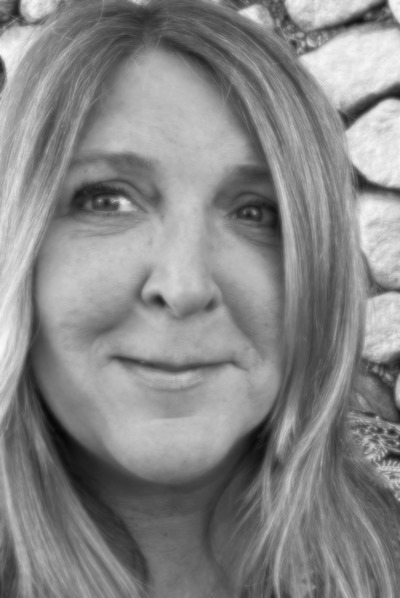Marlena Telvick
Marlena Telvick is an award-winning investigative reporter whose work, as a reporter and producer, has appeared in The New York Times, the San Francisco Chronicle, the Washington Post, in numerous documentaries for PBS FRONTLINE, the PBS “NewsHour,” and the American Journalism Review.
In 2013, she was recruited to run advancement of the UC Berkeley Graduate School of Journalism which included all facets of institutional advancement including producing special projects/major events/podcasts, serving as web and social media editor/curator/producer, external communications, fundraising, assigning/editing student stories, coordinating student photographers/shooters and fielding media requests/broll shoots. Celebrating the achievements of students, alumni and faculty is an integral part of this role and deeply rewarding.
She collaborated with Pulitzer Prize-winning journalist Lowell Bergman on investigations for print and television for nearly a decade (2001-2010). Early on, she began assisting in Bergman’s investigative reporting seminars at UC Berkeley, legendary for the steady stream of sitting judges, prosecutors, attorneys, private investigators and current and former government officials who frequented classes. This led to her managing teams of student reporters to produce extensive award-winning companion websites.
From 2003-2008 , Telvick managed teams to produce stories for FRONTLINE collaborations with The New York Times, and contributed reporting to major projects for PBS FRONTLINE, The New York Times, the Center for Investigative Reporting and ProPublica. From 2006-2011, she served as the Investigative Reporting Program’s first deputy director, helping Lowell Bergman build the IRP into a specialized graduate-level training program and non-profit newsgathering operation that soon became a model for university-media partnerships around the country. She also ran its annual post-graduate fellowship program.
From 2007-2013, Telvick also produced the Logan Symposium in Investigative Reporting, an annual by invitation only event that brings together a veritable “who’s who” of top journalists to address the critical issues confronting this specialized field. In addition to cultivating partners/sponsors, she played a critical role in retaining top editors and producers at the New York Times, “60 Minutes,” and “Frontline”, to Assistant Directors of the FBI, to Wikileaks’ Julian Assange to Hollywood producers to cops to whistleblowers to speak at these historic events.
In 2017, she was instrumental in the formation and selection of an advisory board that includes some of the country’s top media professionals, innovators, educators and thought leaders, from the head of The New York Times to a top correspondent from “60 Minutes” to one of the most respected female documentary producers in the country. In 2020, she was the digital editor for the Graduate School of Journalism’s Chronicling COVID-19 project with The New York Times, The Atlantic, NPR, the Los Angeles Times, National Geographic, Cal Matters, FRONTLINE, Rolling Stone and Aristegui Noticias in Mexico.
Her work has been recognized with an Alfred I. duPont Silver Baton (the Pulitzer of broadcasting), an Emmy award for Outstanding Investigative Journalism, the National Press Club Consumer Journalism Award for Television, a Bart Richards Award for Media Criticism, a Mirror Award from Syracuse University, the National Press Club’s Arthur Rowse Award for Press Criticism, and an IRE Online Award.
Read her mentor Lowell Bergman’s memo about her departure from the Investigative Reporting Program here.
REPORTING INTERESTS
Documentary filmmaking, Investigative reportingMEDIA PLATFORMS
Documentary

